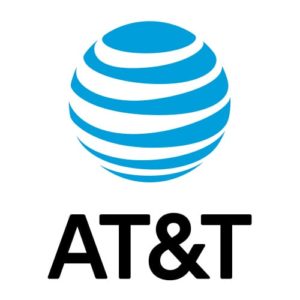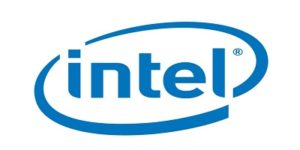
Samsung Electronics America’s years of research into millimeter wave appear to be paying off, as the infrastructure vendor has scored Houston as the second city in which Verizon has selected Samsung as its 5G equipment supplier.
Samsung announced in January that it was supplying Verizon with commercial 5G Fixed Wireless Access (FWA) network solutions in Sacramento, Calif. That leaves Los Angeles as the other market that Verizon has announced, but it didn’t disclose which vendor it’s using there.
For Verizon’s commercial rollout in Houston, Samsung will supply 5G end-to-end solutions, including 5G radio and 5G routers (both indoor and outdoor CPEs). In most cases, the indoor router will be sufficient, but it depends on the physical surroundings and structures, so the outdoor router is available as an option.





 C Spire, a regional carrier operating in Mississippi, has begun offering what they’re marketing as a 5G fixed wireless service that can provide speeds of 120mbps. While they’re using the 5G term, though, C Spire’s service doesn’t utilize the true 3GPP 5G standards. C Spire is using an 802.11 variant and operating on sub-6 Ghz and 60 GHz spectrum to provide the service, and users need to install a “dinner plate” sized antenna to receive it.
C Spire, a regional carrier operating in Mississippi, has begun offering what they’re marketing as a 5G fixed wireless service that can provide speeds of 120mbps. While they’re using the 5G term, though, C Spire’s service doesn’t utilize the true 3GPP 5G standards. C Spire is using an 802.11 variant and operating on sub-6 Ghz and 60 GHz spectrum to provide the service, and users need to install a “dinner plate” sized antenna to receive it.

